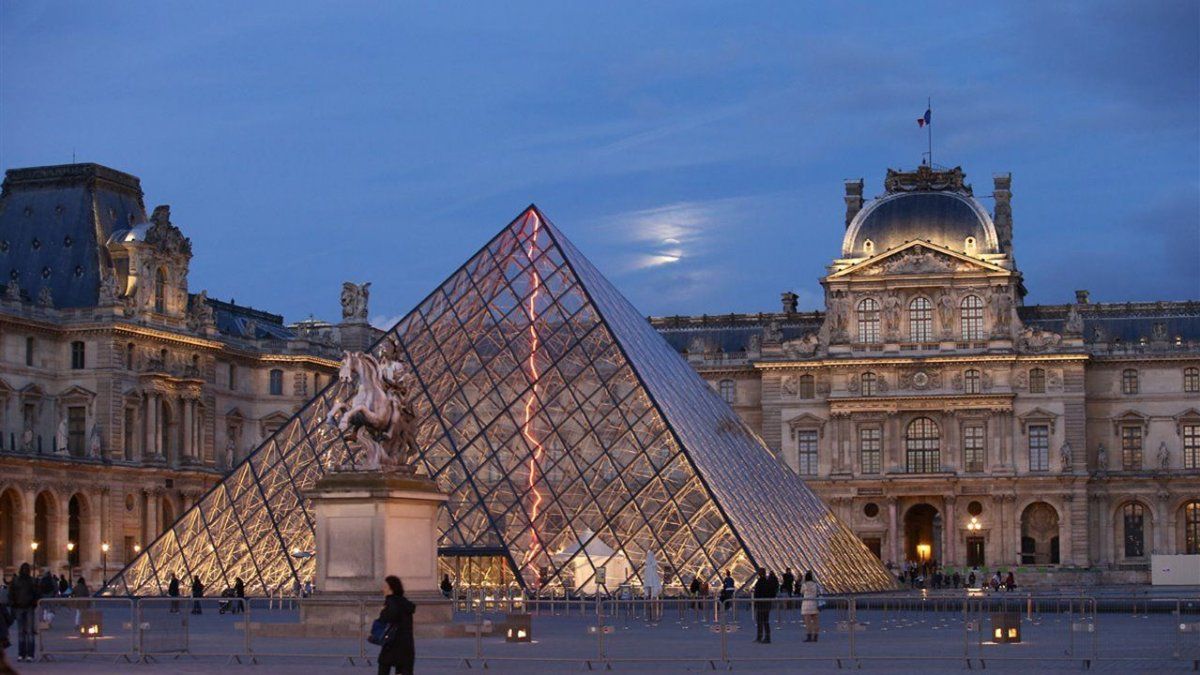Menu
Chinese folk congress: AI, consumption, economy – China’s slaughter plan in the trade war
Categories
Most Read
They will do everything possible to generate panic with the dollar
October 19, 2025
No Comments
Meat increased less than inflation in the last four months: the reasons
October 19, 2025
No Comments
Economist warns of real wage increases at the expense of competitiveness
October 19, 2025
No Comments
Bahn: New boss Evelyn Palla announces major renovations
October 19, 2025
No Comments
Remuneration at stock exchange companies: “No longer a rare species”: female managers earn less
October 19, 2025
No Comments
Latest Posts

Vehicle theft in AMBA: 65% occur at gunpoint on public roads
October 19, 2025
No Comments
October 19, 2025 – 2:30 p.m. Private cars were the most affected, representing 81.82% of criminal acts, a figure that shows an increase of 51%

How was the incredible theft of Napoleonic jewels valued at millions of dollars from the Louvre Museum?
October 19, 2025
No Comments
October 19, 2025 – 14:27 The assault exposed an alarming vulnerability in one of the world’s most important cultural centers. The daring and cinematic robbery

Mother’s Day sales fell 3.5% annually
October 19, 2025
No Comments
Merchants agree that the advance of provincial bonuses and other similar benefits helped give some air to the movement, but it was not enough to
24 Hours Worlds is a comprehensive source of instant world current affairs, offering up-to-the-minute coverage of breaking news and events from around the globe. With a team of experienced journalists and experts on hand 24/7.

